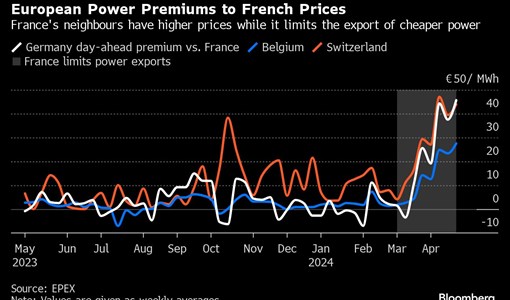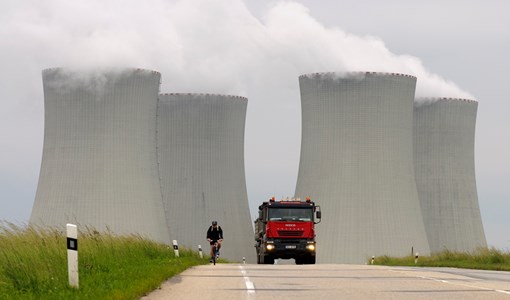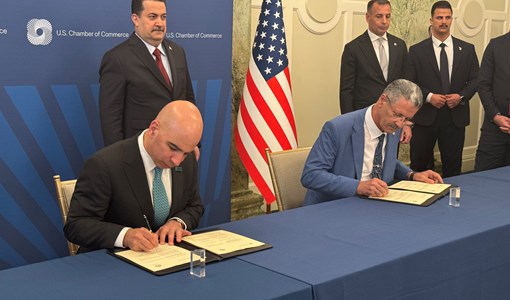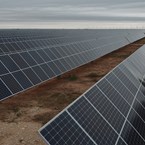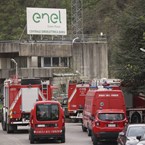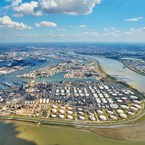UK Faces £16 Billion Bill for Three Months of Energy Subsidy
(Bloomberg) -- Energy regulator Ofgem will raise its price cap for the average UK home by 21% to £4,279 ($5,173) from January, underscoring the growing gap the government has to plug to maintain its price freeze.
The UK has been subsidizing Ofgem’s price cap since October in an attempt to shield households from the worst energy crisis in decades. That means a total of around £16 billion in the first three months of 2023 to keep tariffs at £2,500, according to analysis from the Resolution Foundation think tank.
“The Energy Price Guarantee is protecting consumers from soaring energy costs, meaning people’s bills will not rise in line with today’s Ofgem energy price cap increase,” a spokesperson for the Department for Business, Energy and Industrial Strategy said in a statement.
The government has been forced to cut back on its support for households amid rising wholesale costs. Chancellor of the Exchequer Jeremy Hunt increased the energy price guarantee to £3,000 from April. That’s roughly triple a typical annual energy bill before the crisis started last year. A £400 discount on bills for all households also expires at the end of March.
How much the government has to pay will ultimately be decided by the weather. Unseasonably warm temperatures in October helped cut demand for natural gas, saving the government an estimated £260 million compared with energy use in a typical year.

The price cap is a limit on how much energy suppliers can charge their customers for each unit of electricity and gas they consumer. The regulator then multiplies the unit prices by the annual usage of a typical British household to get the headline figure for the cap.
Analysts at Cornwall Insight Ltd. expect costs to stay elevated for years, meaning the government will need to find a more targeted way to support households for these measures to be sustainable.
Extending the freeze “even at an elevated level, has resulted in the government being exposed to variables and factors over which they crucially have no control,” Craig Lowrey, consultant at Cornwall Insight, said in a statement. “More targeted support for the most vulnerable is likely to be needed on an enduring basis if the government wants to protect consumers while also stabilizing its finances.”
(Adds Resolution Foundation analysis in second paragraph, chart after fifth)
More stories like this are available on bloomberg.com
©2022 Bloomberg L.P.
KEEPING THE ENERGY INDUSTRY CONNECTED
Subscribe to our newsletter and get the best of Energy Connects directly to your inbox each week.
By subscribing, you agree to the processing of your personal data by dmg events as described in the Privacy Policy.
More utilities news

How a Turbine Put The Brakes on NY Offshore Wind Projects
Apr 19, 2024
CEO of Climate Group Tries to Calm Critics After Backlash
Apr 19, 2024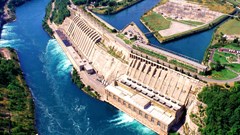
$1 billion deal to refurbish hydroelectric stations in Canada’s Niagara region
Apr 19, 2024
New York’s First Electric Skyscraper Promises Luxury With Lower Emissions
Apr 18, 2024
IATA and partners reveal decarbonisation and net zero roadmaps for aviation industry
Apr 18, 2024
A Software Billionaire Is Betting Big on a Wild Climate Fix
Apr 17, 2024
European Gas Erases Year-to-Date Losses as Israel Vows Response
Apr 16, 2024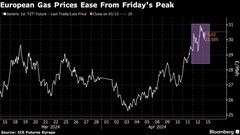
European Gas Steady as Traders See Muted Response to Iran Attack
Apr 15, 2024
Japan’s Top Power Producer Jera Considers IPO to Fund Green Push
Apr 15, 2024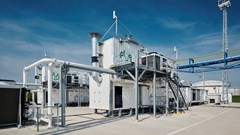
MOL inaugurates central Europe’s largest green hydrogen plant
Apr 15, 2024
Energy Workforce helps bridge the gender gap in the industry
Mar 08, 2024
EGYPES Climatech champion on a mission to combat climate change
Mar 04, 2024
Fertiglobe’s sustainability journey
Feb 29, 2024
P&O Maritime Logistics pushing for greater decarbonisation
Feb 27, 2024
Neway sees strong growth in Africa
Feb 27, 2024
India’s energy sector presents lucrative opportunities for global companies
Jan 31, 2024
Oil India charts the course to ambitious energy growth
Jan 25, 2024
Maritime sector is stepping up to the challenges of decarbonisation
Jan 08, 2024
COP28: turning transition challenges into clean energy opportunities
Dec 08, 2023
Why 2030 is a pivotal year in the race to net zero
Oct 26, 2023Partner content

Ebara Elliott Energy offers a range of products for a sustainable energy economy

Essar outlines how its CBM contribution is bolstering for India’s energy landscape

Positioning petrochemicals market in the emerging circular economy

Navigating markets and creating significant regional opportunities with Spectrum



